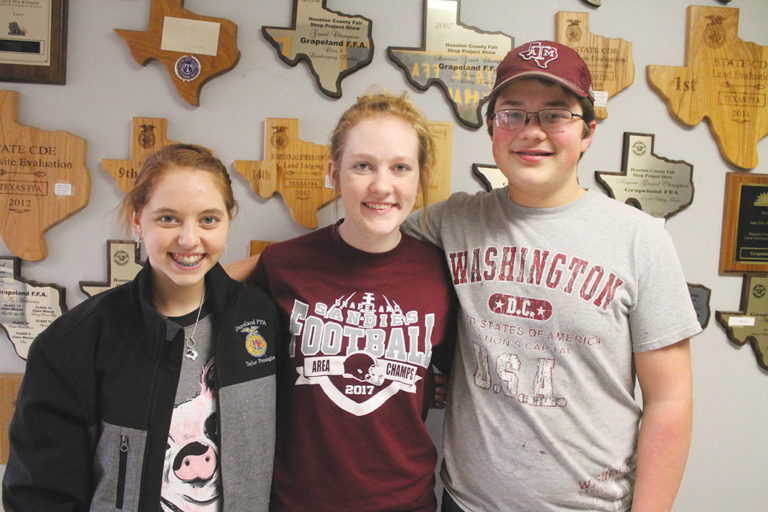Blood Transfusions Don’t Take Holidays
By Sarah Naron
Messenger Reporter
In the midst of the hullabaloo surrounding this time of year, with numerous get-togethers being held to celebrate the holidays and families preparing to get back into the swing of the school year after ringing in the New Year, blood donation centers typically face a decline in the amount of individuals willing to donate.
“Donations are always at a low this time of year,” explained Linda Goelzer, Director of Public Relations for Carter BloodCare. “A big reason for that is that high schools are not in session. We get about 25 percent of our donations from students and faculty. And we know that people are busy with family during the holidays.”
Throughout the month of January, Carter BloodCare and other such organizations are observing National Blood Donor Month and encouraging individuals who are willing and able to set up an appointment at the donation center nearest them to give the gift of life.
“National Blood Donor Month began as a way to draw attention to that shortage,” explained Goelzer. “It’s a way to remind people of the ongoing need for blood products and that need doesn’t take a holiday.”
As Goelzer pointed out, some individuals, such as those living with sickle-cell disease, rely heavily on transfusions made possible by donor blood.
“They often get transfusions monthly,” she explained. “So, that’s a lot of blood that’s needed. People are able to live normal lives because of transfusions.”
According to information provided on the Carter BloodCare website, all donors must be generally healthy and weigh at least 110 pounds. Written parental consent is required to be presented for 16-year-old donors, and no one below this age is permitted to donate. A valid photo identification issued by a state, school or the United States government must be shown at the time of donation by all donors.
Individuals looking to donate are encouraged to consume a low-fat meal within two to four hours before making their donation and abstain from alcoholic beverages for 12 hours before and after their appointment. Donors should stay hydrated by drinking water or juice prior to and after donating.
Strenuous activity should be avoided for 12 hours after the time of donation. Lifting or pulling objects with the arm from which the donation is taken should be avoided for 24 hours.
For more information or to schedule a donation with Carter BloodCare, please visit www.carterbloodcare.org.
Sarah Naron may be reached via email at [email protected].






